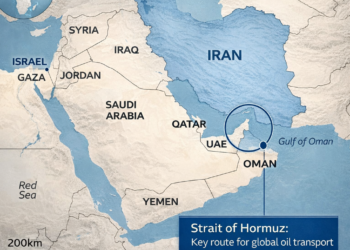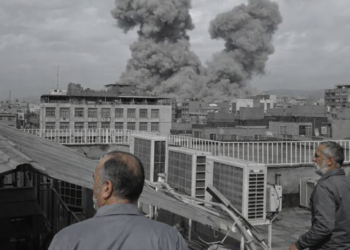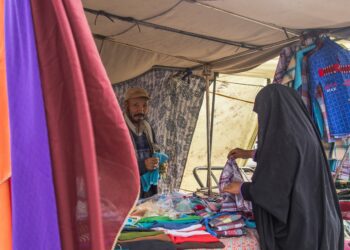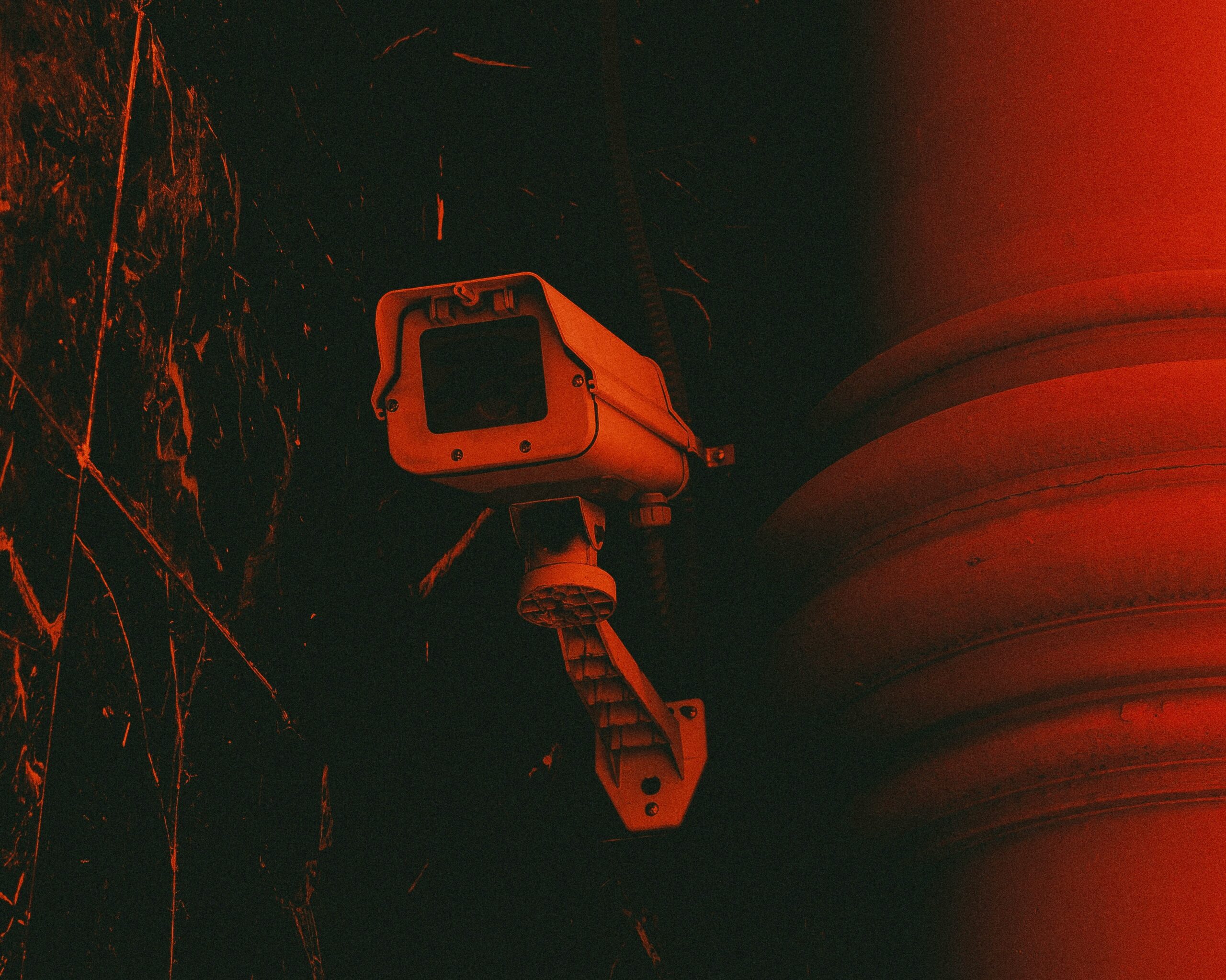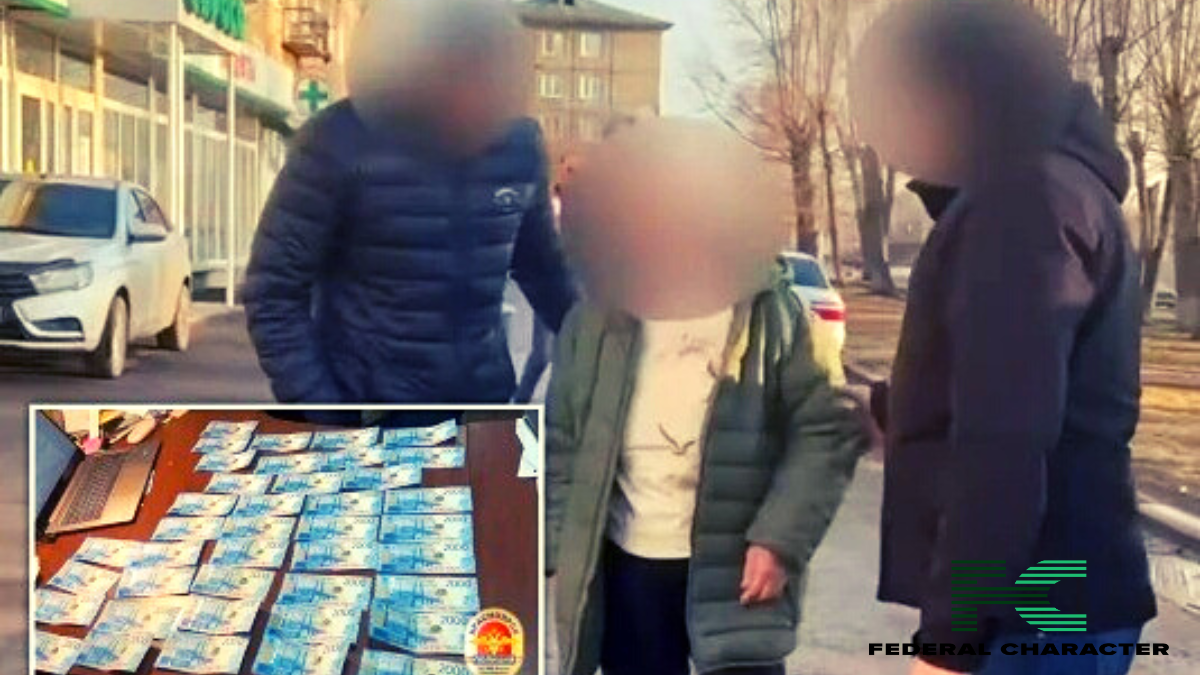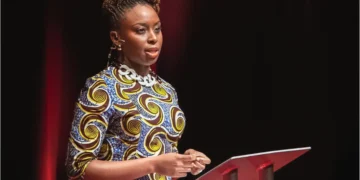The resignation of Nepal’s Prime Minister K.P. Sharma Oli is a profound victory for a new generation of activists who refused to be silenced. This is a story of how a government, terrified of its own people, tried to build a digital wall and was met with a force it couldn’t control, aka the youth of Generation Z.
The violent protests that resulted in the tragic deaths of 19 people are a direct consequence of the Oli administration’s authoritarian attitude and its blatant refusal to address the rampant corruption that has crippled the nation. This crisis proves that in today’s world, power no longer resides solely in government offices; it has migrated to the streets and the screens of a tech-savvy generation.
The Nepal social media ban was the spark that ignited a smoldering fire of widespread frustration. While the government claimed the ban was about regulating platforms that had failed to register, the truth is that it was a desperate reaction to a viral “Nepo Kid” movement.
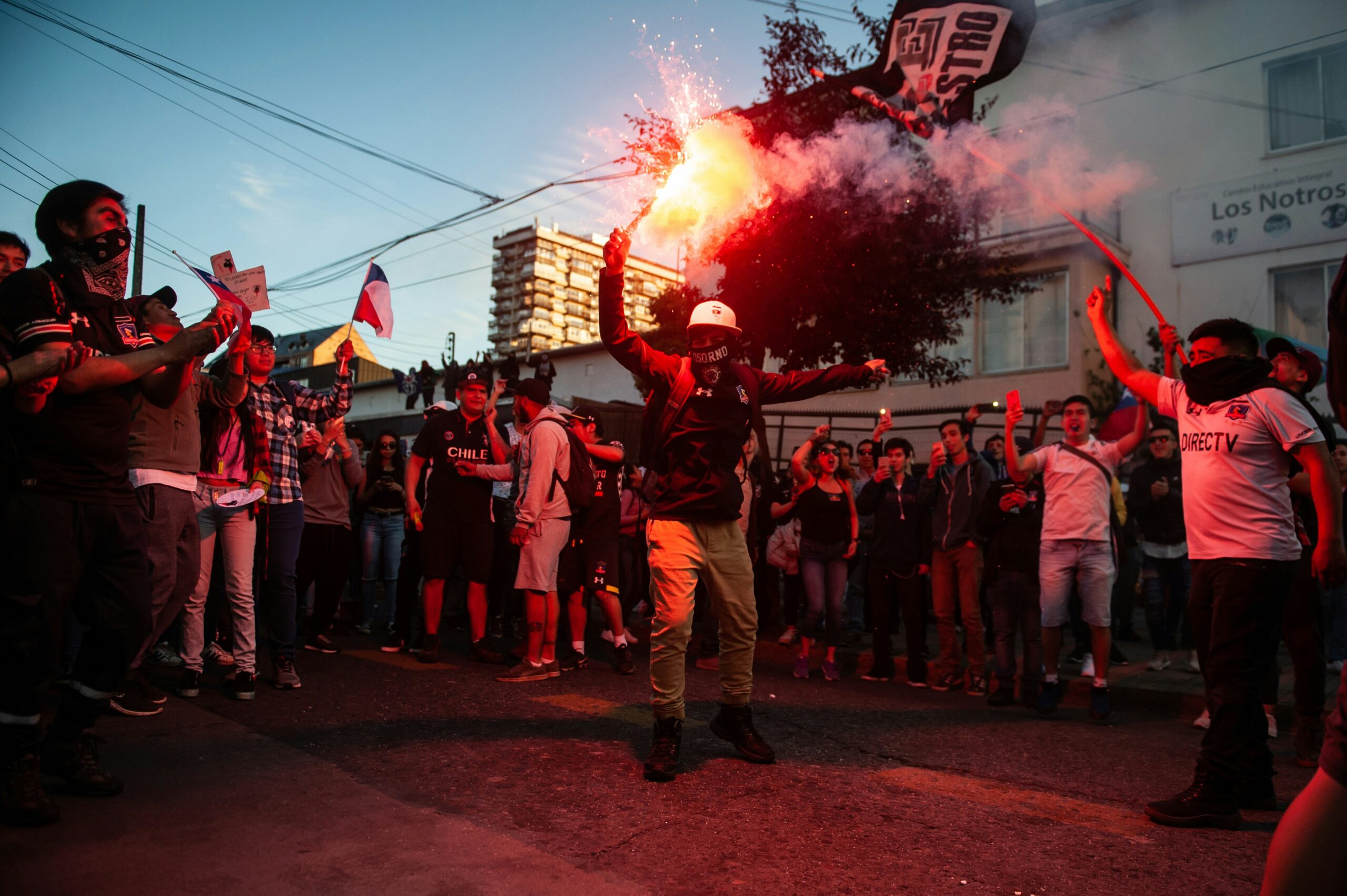
Young Nepalis were using platforms like TikTok and X to expose the opulent lifestyles of the children of politicians, directly linking them to the alleged corruption that has plagued the country for decades. The protests were a powerful and unified response.
When the government responded with tear gas and rubber bullets, they did more than just harm peaceful demonstrators; they created a martyr’s cause that ultimately forced the Prime Minister’s hand. The Oli government’s resignation is a clear message to all corrupt leaders: you can try to censor the digital space, but you cannot censor the truth forever.
Why It Matters
With Oli’s resignation, Nepal stands at a crossroads. To avoid a return to the political instability and economic uncertainty that has defined the country since the monarchy’s abolition in 2008, the new government must act decisively. First, it must launch a full, independent investigation into the violent crackdown and hold all those responsible for the deaths of the protesters accountable. This is a matter of justice and is critical to rebuilding trust with the public.
Secondly, the new administration must not only lift the social media ban but also enshrine the right to free expression in law.
Finally, and most importantly, it must tackle the corruption that fueled this entire movement. This means creating a transparent anti-corruption body, prosecuting all officials suspected of wrongdoing, and ensuring that future leaders are held to a higher standard.


